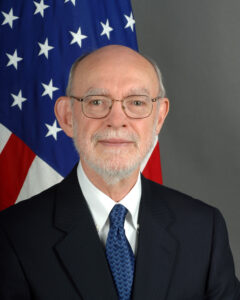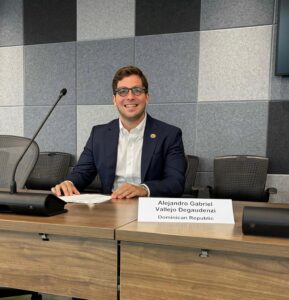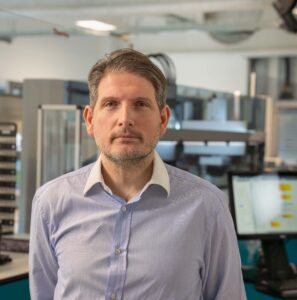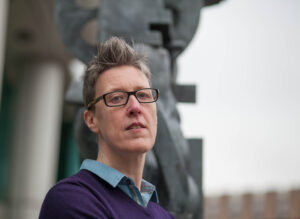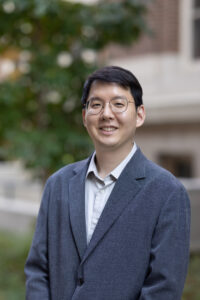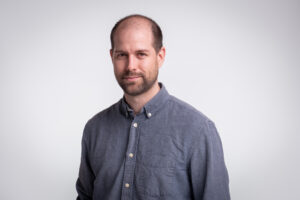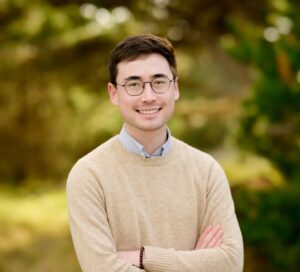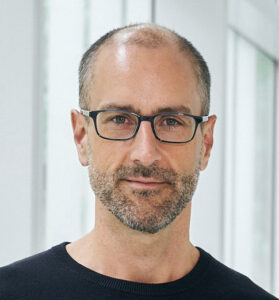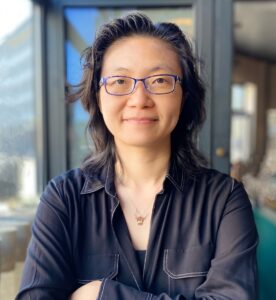Post-Doctoral Research Fellow- Lab of Dr. Christine Eischen- Cancer Biology
The Eischen Laboratory utilizes multiple advanced approaches to study molecular, biochemical, immunological, and/or genetic mechanisms of cancer cell survival and growth with the goal of identifying potential targetable vulnerabilities in both hematologic and solid tumors. Our multi-disciplinary research investigates several aggressive, challenging to treat, and high relapse rate cancers, specifically lymphomas, triple negative breast, high grade serous ovarian, and oral squamous cell carcinoma.
Current available projects for postdoctoral fellows include studying the 1) immunological effects of targeted degradation of oncogenic drivers of cancers (priority project), 2) integrating targeted approaches for cancer cell vulnerabilities and overcoming survival mechanisms, and 3) global and specific protein and cellular consequences with targeted loss of specific E3 ligases.
We seek postdoctoral fellows who will be defending their PhD or MD/PhD soon or have graduated within the last 1.5 years. The ideal candidate will have demonstrated:
High motivation and commitment to research
Experience with at least two of immunological, molecular, biochemical, mouse, and/or in vitro patient cell models. (It is advantageous to have tumor immune microenvironment and/or tumor immunology research experience.)
Ability to work independently and effectively collaborate in a team
Record of peer-reviewed publications
Strong verbal and written communication
The outstanding postdoctoral training environment includes strong mentorship and career development, interdisciplinary collaborations, state-of-the-art core facilities as well as publishing consequential manuscripts, pursuing fellowship funding, and support for independent research directions.
Interested individuals should send a cover letter describing their research interests, a current CV, and contact information for 3 references to Dr. Eischen at christine.eischen@jefferson.edu. Applicants must be currently approved to work in the U.S. and be skilled in cancer research techniques. Preference will be given to applicants that are NIH training grant eligible.
